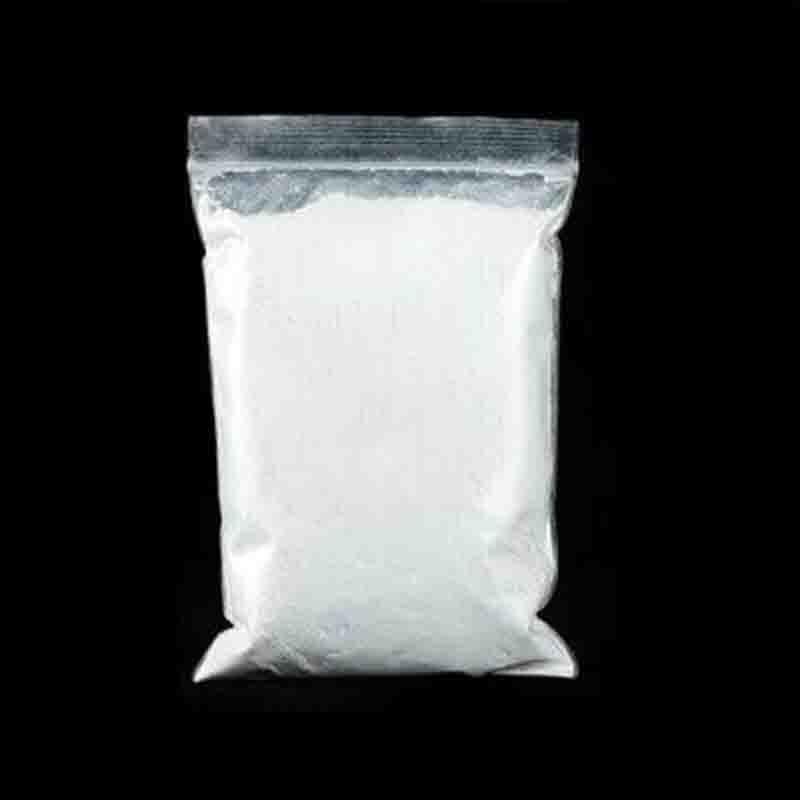J Neurosci: key neural circuits regulating alcoholism
-
Last Update: 2019-12-17
-
Source: Internet
-
Author: User
Search more information of high quality chemicals, good prices and reliable suppliers, visit
www.echemi.com
December 17, 2019 / BIOON / -- scientists have known that the central area of the amygdala (CEA) plays an important role in drinking related behaviors However, the exact types of brain cells that mediate these behaviors are still unclear Now, scientists at UNC medical school have found that specific neurons in CEA can lead to alcohol like behaviors The study, published in the Journal of neuroscience, revealed a specific neural circuit that, when altered, leads to a reduction in drinking behavior in animals "In fact, these neurons promote reward like behavior, and very low alcohol consumption activates these cells, and the activation of these neurons causes animals to drink without extensive drinking experience." Said Dr Zoe McElligott, assistant professor of psychiatry and pharmacology "We hope that by understanding the function of this neural circuit, we can better predict what happens in the brain of people who transition from light drinking to alcoholism and alcoholism disorders." McElligott is also working on whether neuronal populations that express specific neuropeptides (neurotensin or NTS) contribute to the development of alcoholism in an inexperienced drinking situation, such as when a person starts drinking In addition, NTS neurons are subsets of other neurons in this CEA brain area, which are related to anxiety and fear (image source: www Pixabay Com) McElligott and his colleagues use genetic and viral techniques to selectively damage or knock out NTS neurons in CEA while maintaining other types of CEA neurons, which can lead to reduced drinking behavior But it didn't change anxiety like behavior It will not affect the intake of other drinks, such as sucrose, saccharin and kuquining solution "We found that these NTS neurons in CEA send a strong signal to the back of the brain, thereby inhibiting the parabrachial nucleus near the brainstem," McElligott said Using photogenetics, a technique for activating these neurons by light, the researchers stimulated the terminal projection of CEA NTS neurons in the parabrachial muscle and found that the stimulation inhibited the parabrachial neurons When scientists use lasers to stimulate in half the space of an animal's box, animals spend more time where the stimulation takes place McElligott, the first author of the study, and her graduate student, mar í a Luisa torrauella Suarez, wanted to explore how alcohol changes these neurons over time "Do these cells react differently when animals drink a lot of alcohol for a long time?" McElligott said "We also want to find out which neurons in the parabrachial neurons are receiving signals from these neurons A good understanding of this circuit may be the key to developing treatments that can help people with alcoholism " F diberto, Sara P Faccidomo, Clyde W Hodge, Garret D Stuber, Zoé A McElligott Manipulations of central amygdala neurotensin neurons alter the consumption of ethanol and sweet fluids in mice The Journal of Neuroscience, 2019; 1466-19 DOI: 10.1523/JNEUROSCI.1466-19.2019
This article is an English version of an article which is originally in the Chinese language on echemi.com and is provided for information purposes only.
This website makes no representation or warranty of any kind, either expressed or implied, as to the accuracy, completeness ownership or reliability of
the article or any translations thereof. If you have any concerns or complaints relating to the article, please send an email, providing a detailed
description of the concern or complaint, to
service@echemi.com. A staff member will contact you within 5 working days. Once verified, infringing content
will be removed immediately.







